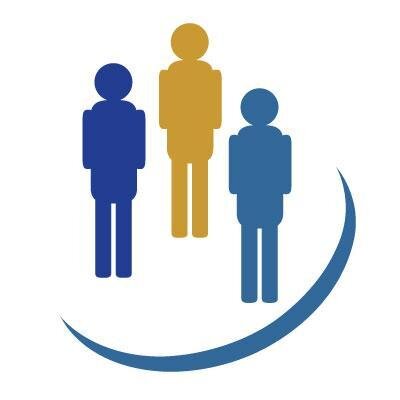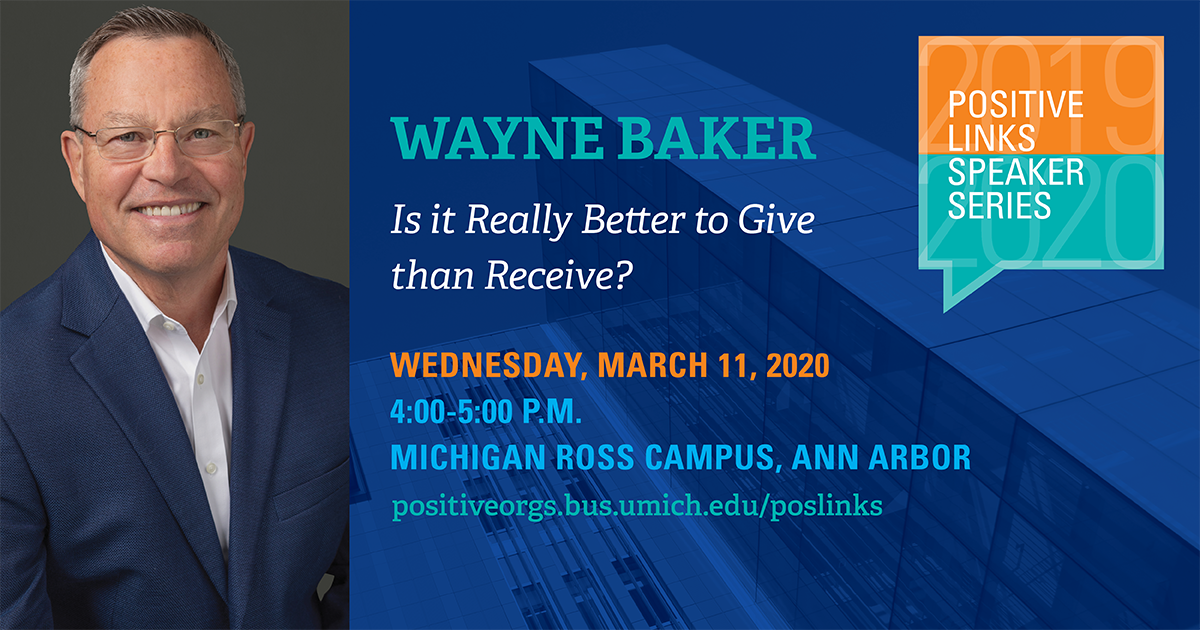How we ask for help — or how we respond to it — can make all the difference.
Master Your Success, a Psychology Today Blog by Wayne Baker, Ph.D.
Would you give your COVID vaccination appointment to a stranger? That’s what one person did in Austin, Texas. According to a story in the national press (here and here), Emily Johnson, a 68-year-old grandmother, faced open-heart surgery and needed to be vaccinated before the operation. Despite considerable effort, she wasn’t able to get an appointment. She posted her dilemma on the online platform Nextdoor. Christy Lewis, a stranger who lived in the area, offered her appointment to Johnson. Lewis was high-risk herself but felt that Johnson’s need was greater. They went to the clinic together. After explaining their situation to the supervisor, both received the vaccine.
If this story made you feel good, it’s because witnessing prosocial acts produces a warm glow. If the story inspired you to help others, it’s because witnessing prosocial acts increases the motivation to do so. Similarly, gratitude for help motivates paying it forward. Helping others enhances meaning in life and contributes to the well-being of givers and receivers.
All of these emotions fuel the giving-receiving cycle that is central to the functioning of human communities. Indeed, archeologist Richard Leakey considered the “honored network” of reciprocity—when our ancestors learned to share skills and food—to be what made us human.
Yet, sometimes we disrupt the cycle by how we ask for help or how we respond to offers of help. When we do so, people stop helping us.
Based on years of working with managers, executives, scientists, engineers, business students, and more, I’ve observed four ways that people impede the giving-receiving process—as well as how to avoid them…






















